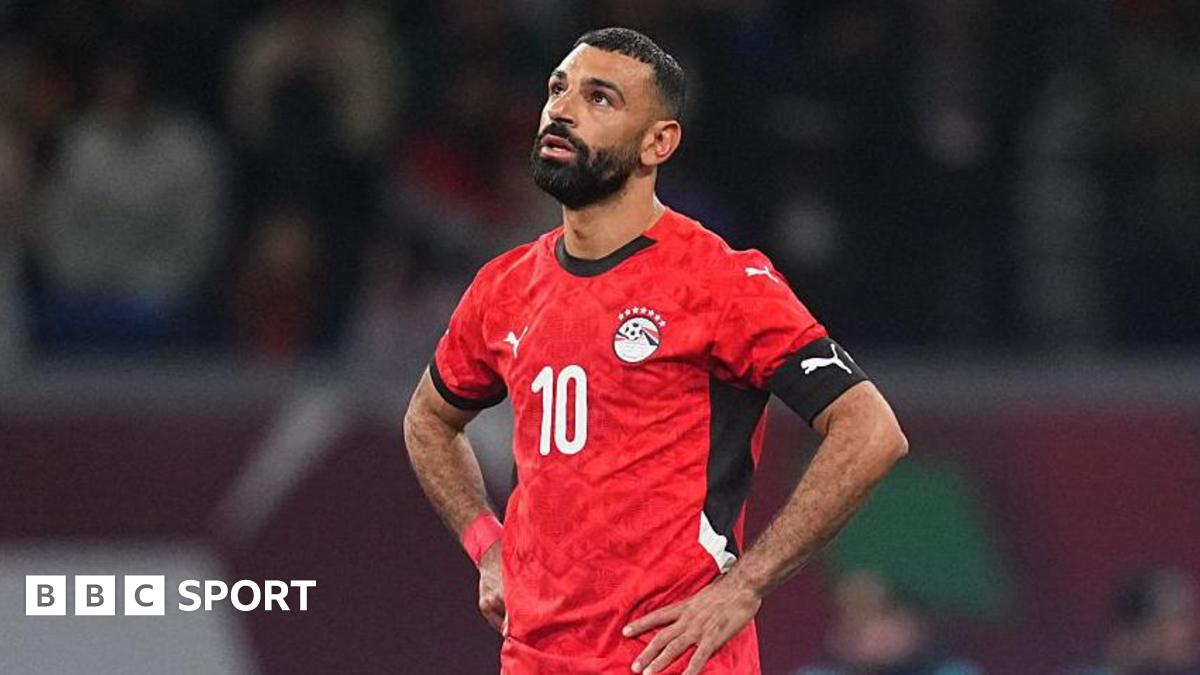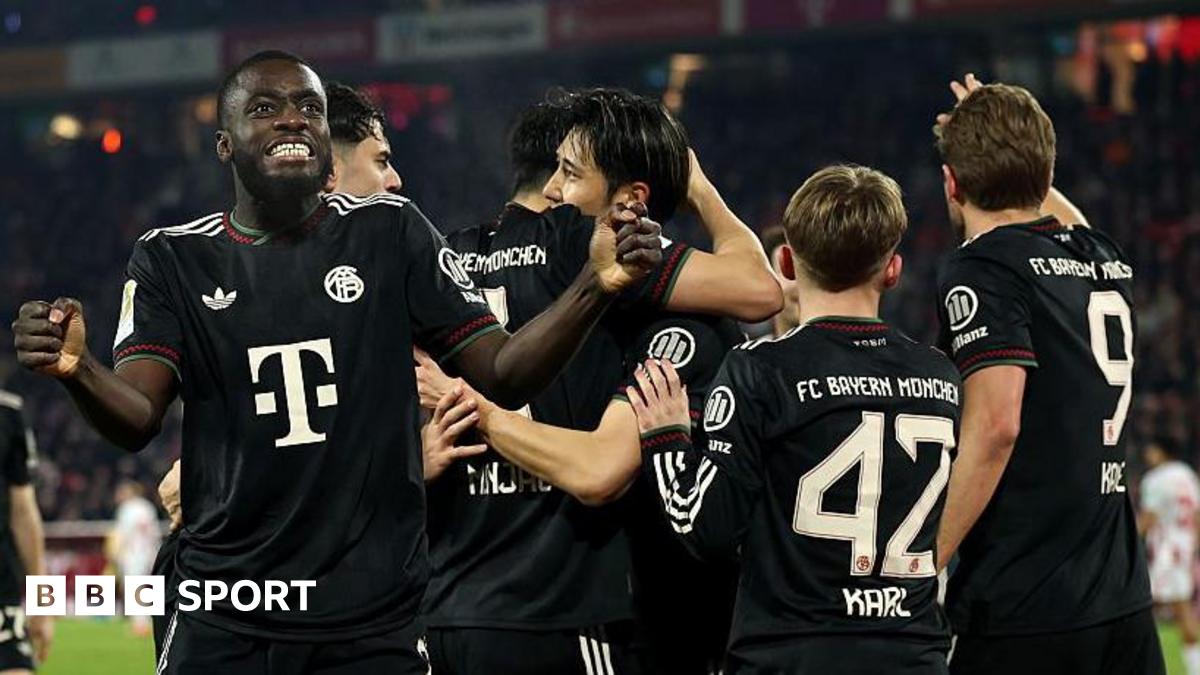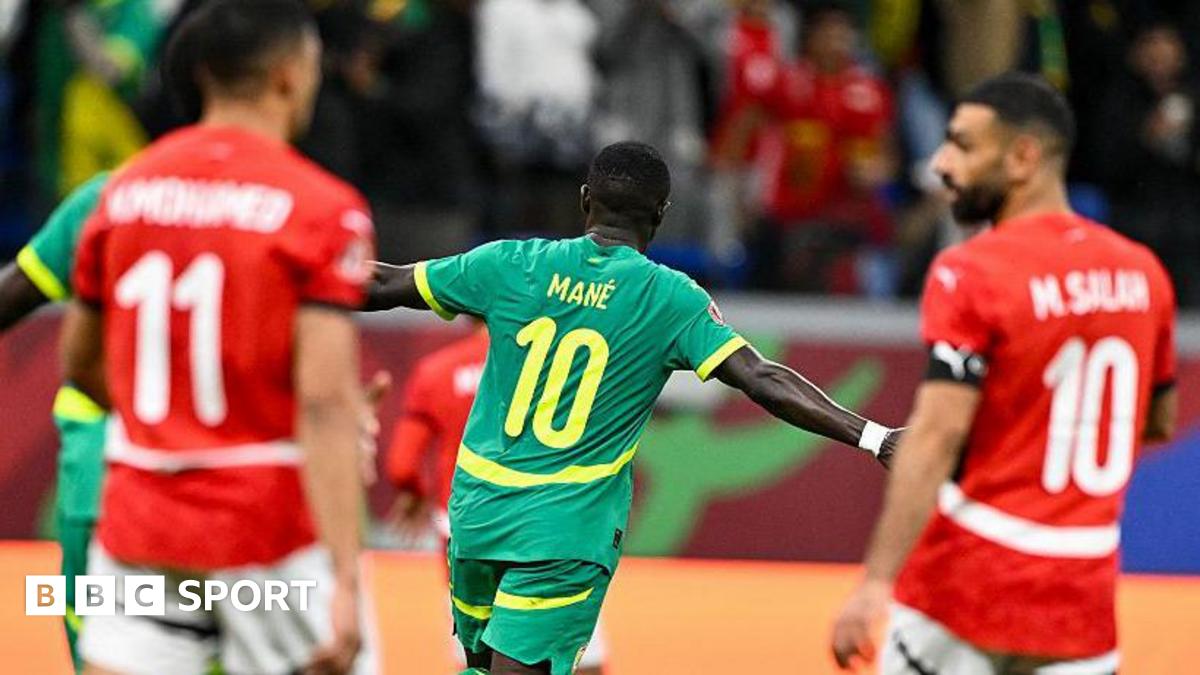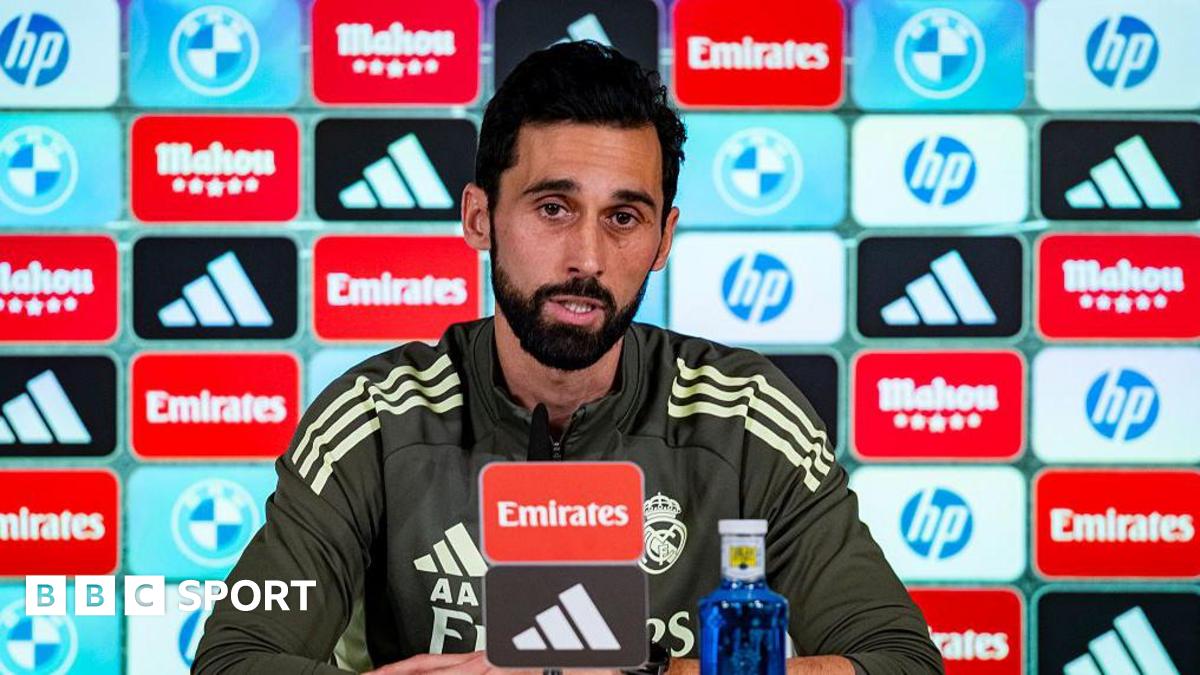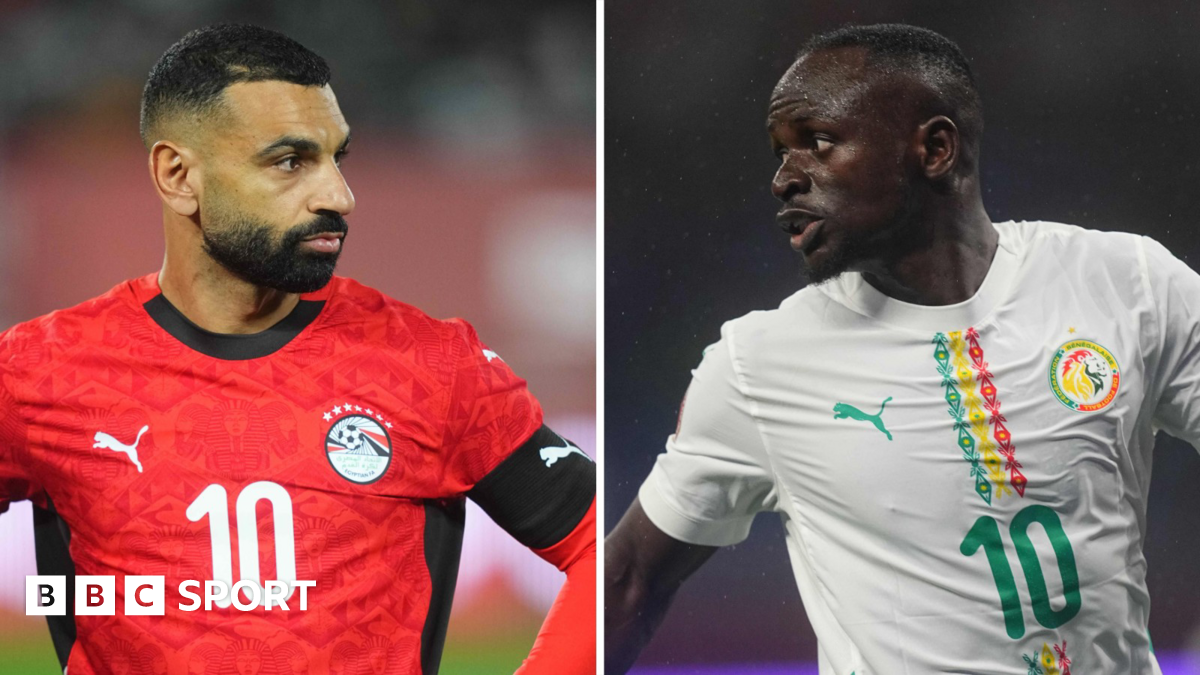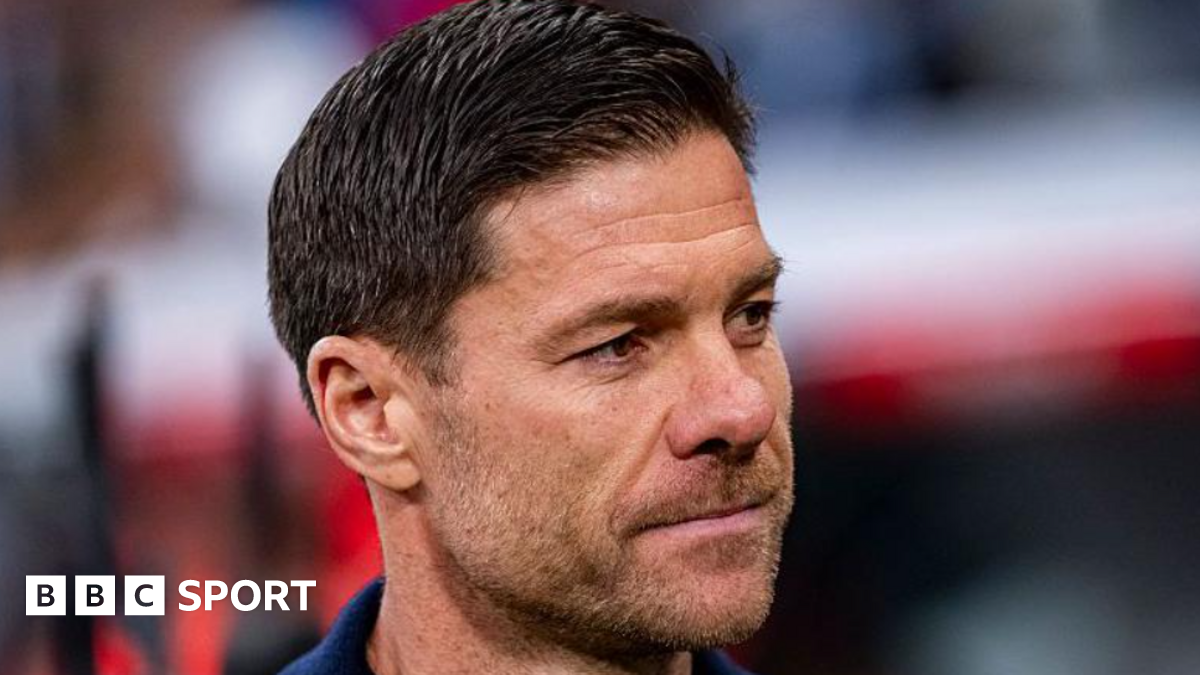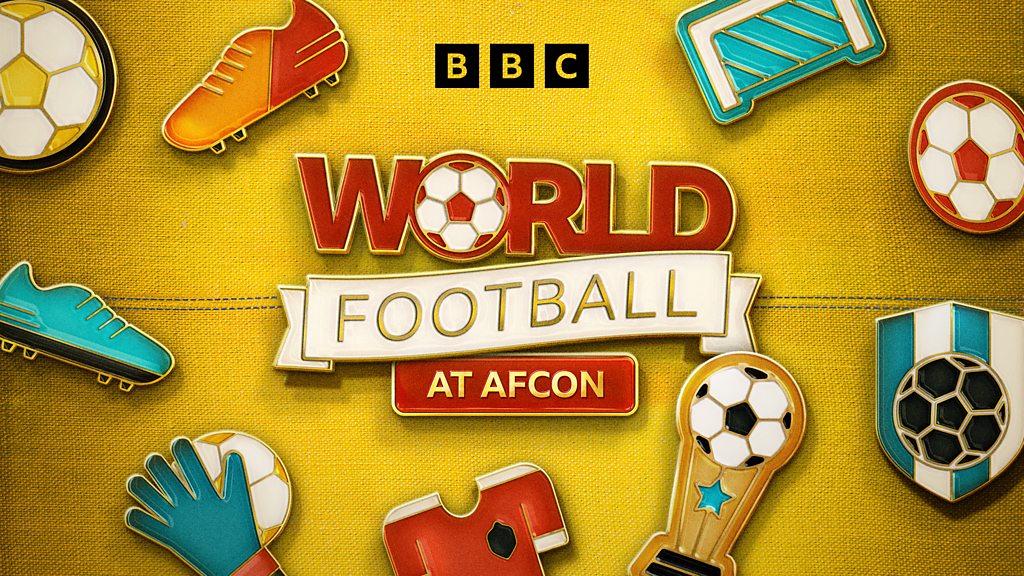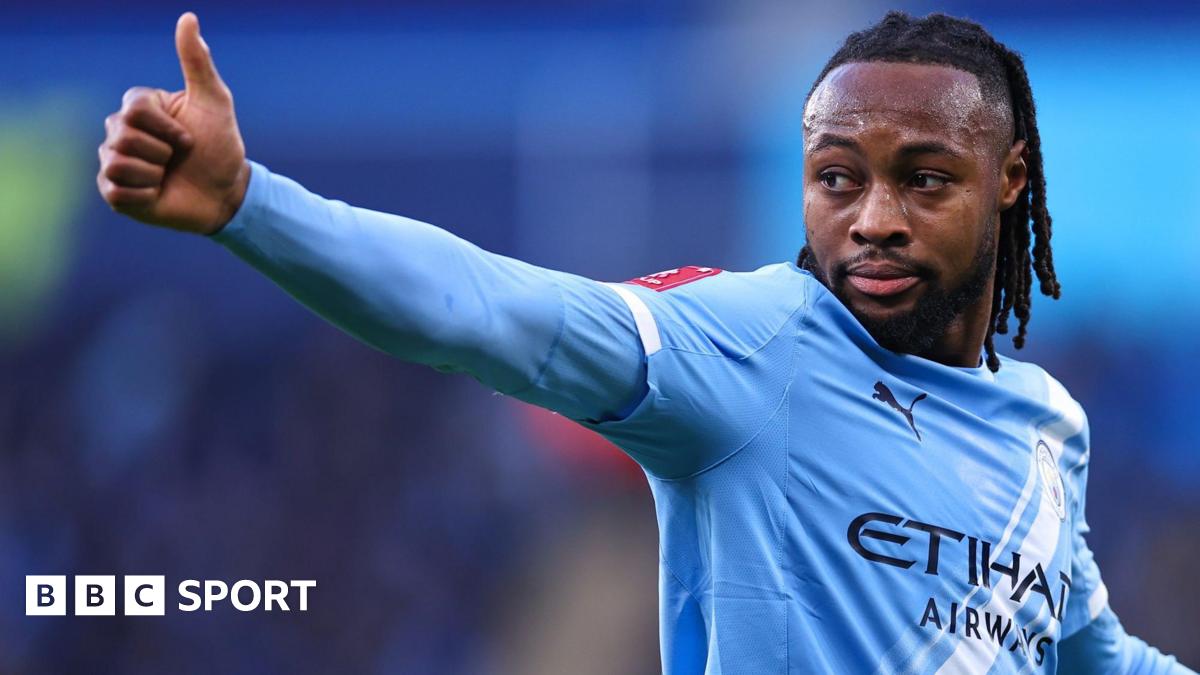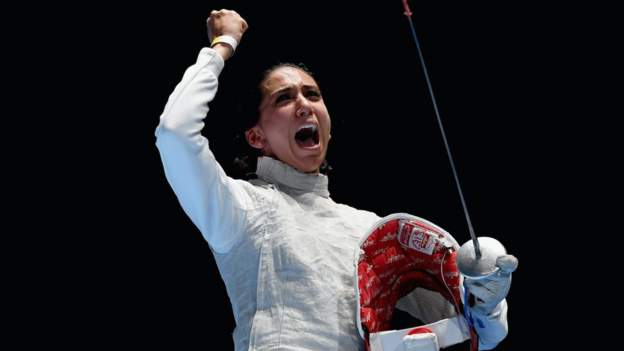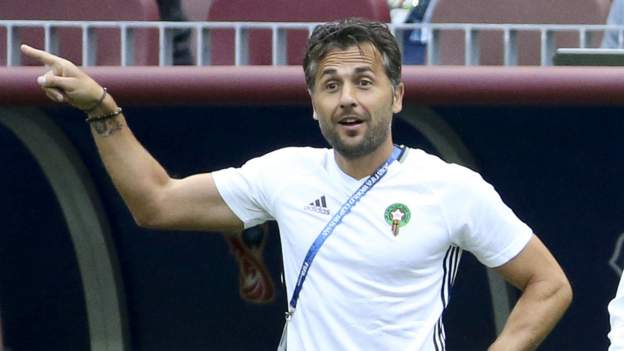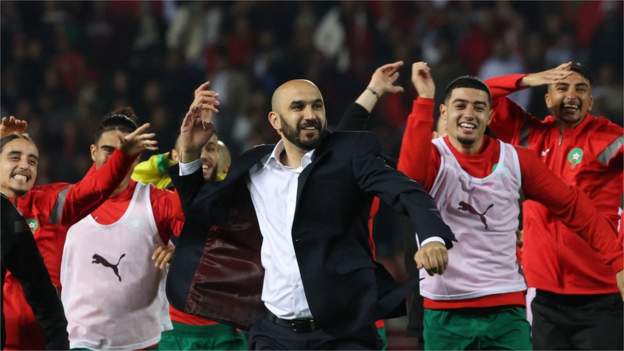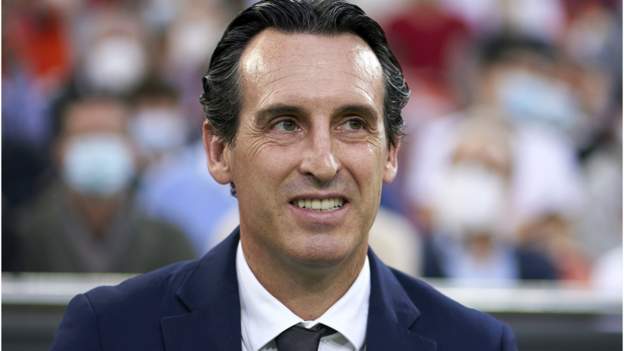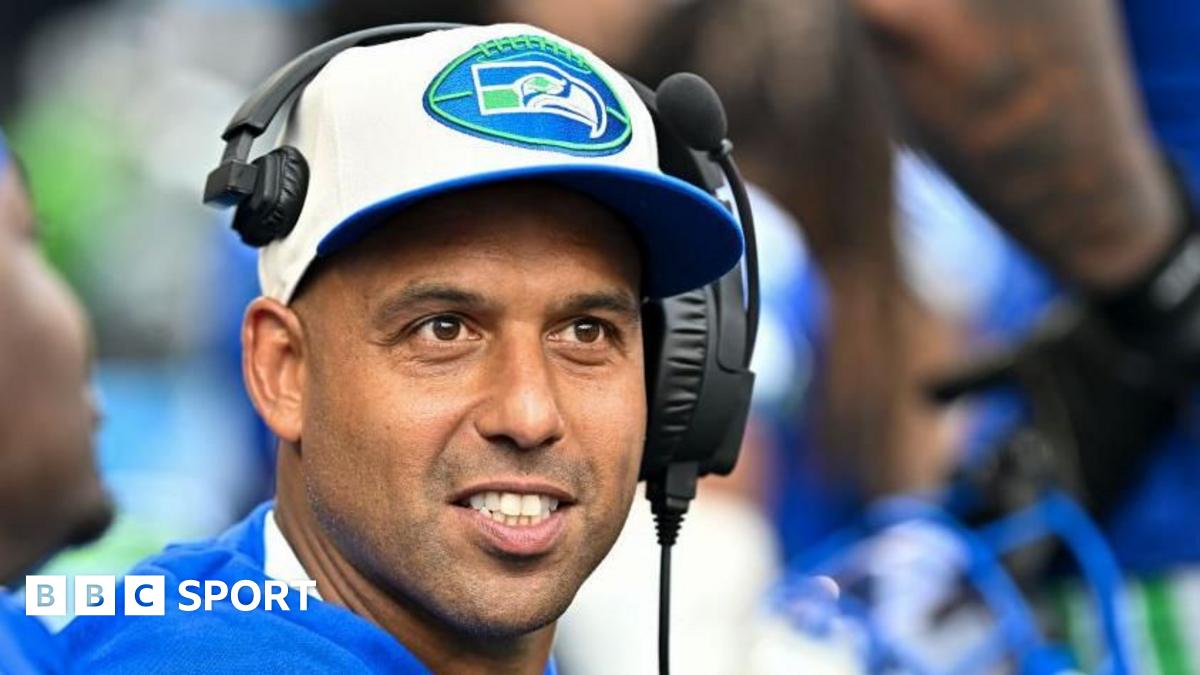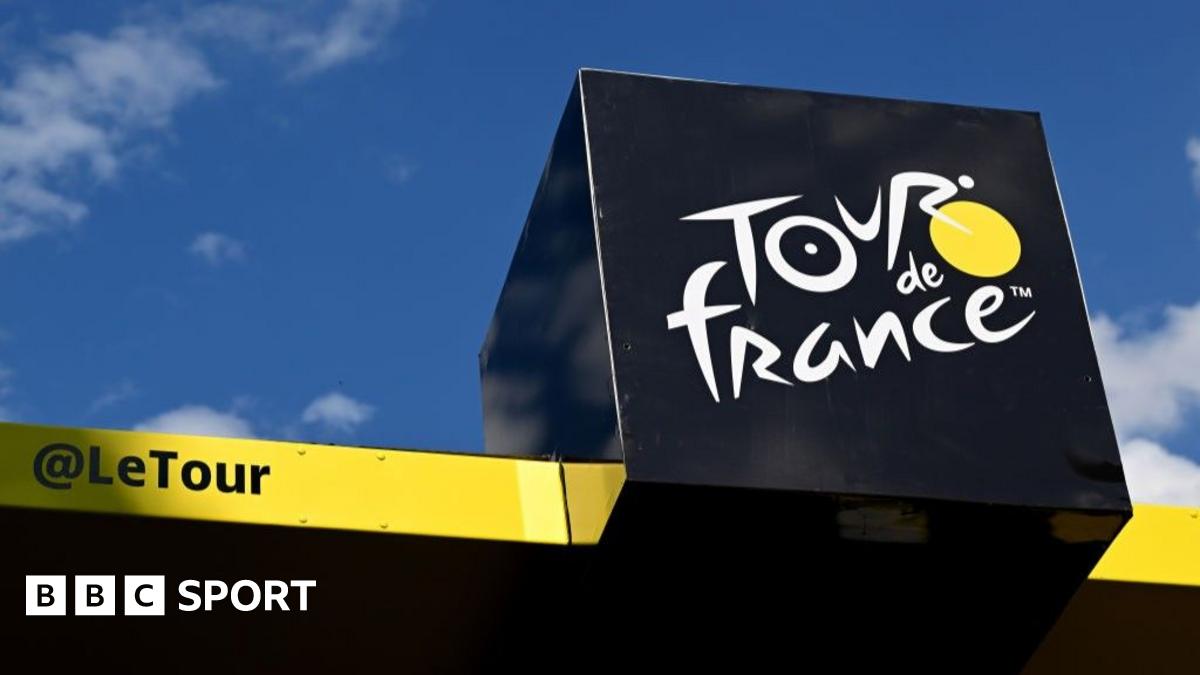Winning Olympic bronze in Rio allowed Ines Boubakri to realise she no longer had to prove herself to anyone.
The Tunisian had had a lifetime of doing that. But in that moment, dropping her mask to the floor and her foil to her side as she became the first African and Arab woman to win a medal in fencing, she knew every hurdle had been worth overcoming.
“You remember all that you sacrificed, how it was hard, because in fencing, we don’t have this tradition,” she said.
“When I started to be one of the best in the world, people were like ‘oh, she’s from Tunisia, how can she be one of the best ranked in the world?’.
“When I got this medal, I said ‘I don’t have to prove anything’. I deserved this medal.”
Boubakri is from a fencing family – her mother, Henda Zaouali, competed at the 1996 Olympics in Atlanta, while her husband, Erwann Le Pechoux, is a French Olympian. Zaouali couldn’t be in Rio to watch her daughter take her place on the podium but Boubakri said she was happy because her mum “wanted that medal”.
It hadn’t been an easy win, though. Boubakri had battled back and knee pain in the foil bronze medal match, and was forced to fight back from a hefty deficit to defeat Russian Aida Shanayeva.
The now 32-year-old was given a “president’s welcome” upon her return home to Tunisia, where she found she had a new following; followers who had realised, through Boubakri’s success, that their futures could be limitless.
“It’s a responsibility because there are a lot of young girls following me,” Boubakri told the BBC World Service podcast On the Podium.
“I have some pressure and some responsibility because I want to show them how to get this medal, not just in sport or in other careers, to show that she can do it.
“It’s not because we are Arab or from Africa that we can’t, just believe in yourself, be confident and don’t let people judge you. Just do what you want and believe in yourself.”
Boubakri says the world changed how it viewed her. Now, she wants to help other women from similar backgrounds achieve their true potential.
“For me, it’s very important that we have equality between women and men,” she said.
“Unfortunately, in the Arab world, they still compare women and men, ‘she cannot do this because she is a woman’.
“I want to prove that you cannot compare. Sometimes men cannot do some things that women can do. I want to stop this inequality.”
She added: “I’ve heard a lot of girls say they don’t want to do sport, or have muscles like men. When I hear this, I am shocked. I have been fencing now for more than 20 years and it’s helped my body to keep fit.
“You can do whatever sport you like and you are not obliged to be at the highest level. Try lots of things and you will see what your body can do.”
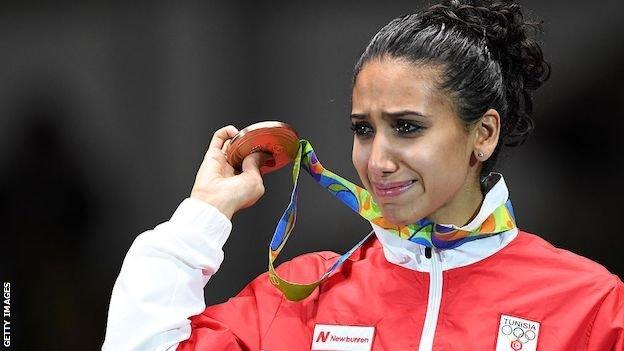
Tokyo will be Boubakri’s fourth Olympics, and could be her last, but regardless of what happens in Japan this summer she already has her future mapped out.
Having moved to France with the support of her family at 18-years-old for better fencing opportunities, Boubakri now wants to bring those opportunities back to the next generation of the sport who need them.
“I don’t know when I will stop my career, sometimes I say it will be my last Olympics in Tokyo, sometimes I say why not [carry on]?,” she said.
“I have a Masters in sport psychology and I can be a PE teacher, so after my career, I dream about making an international academy.
“I’m thinking of people like me, people who don’t have a big structure, big clubs, a lot of fencers to practice [with].
“So my plan, and I hope it can work, is to build an international academy for all the people who don’t have big federations, they can join our academy and I can share with them how to improve in fencing, my experiences and go with them to competitions, to be their coach.”


